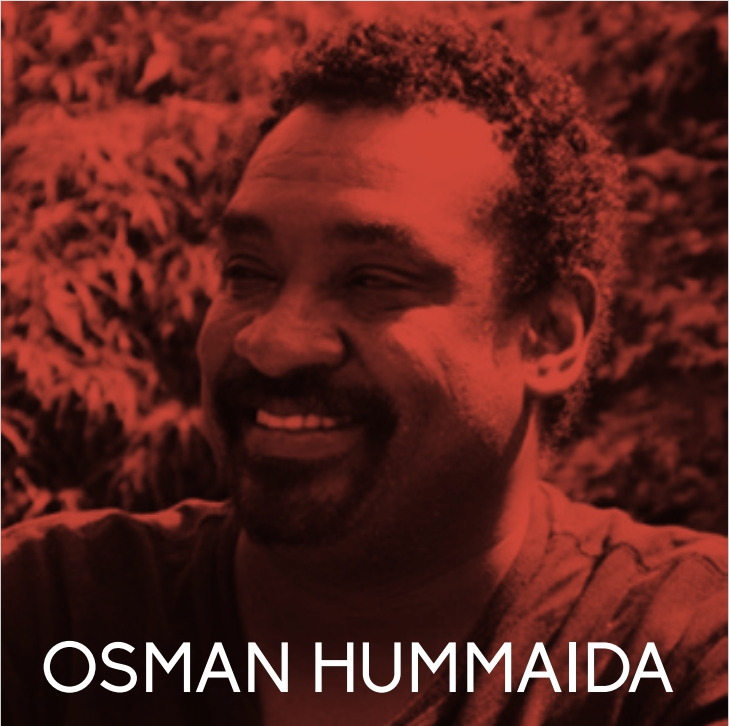The Cairo Institute for Human Rights Studies (CIHRS) in collaboration with East and Horn of Africa Human Rights Defenders project (EHAHRDP) would like to commend the Council and in particular the African Group for having organised this important panel.
However to ensure that this discussion brings about concrete human rights improvements on the ground, panel participants and in particular the OHCHR should take the lead in identifying key objectives and benchmarks based on today’s discussions and develop a clear and workable outcome document.
The following issues require the utmost attention and concrete action by the United Nations and other key actors present today.
Civilians continue to bear the brunt of the conflict, victim of mass human rights violations primarily at the hands of insurgent groups but also, according to reports, resulting from actions by TFG security forces and AMISON.
Documenting and reporting on such violations is crucial to enhancing civilian protection. The OHCHR should ensure that it has the capacity to carry out systematic monitoring and public reporting of violations committed by all warring parties, including the TFG and AMISON. Key actors, including donor states and UN agencies, should enhance support – logistical, political and financial- to human rights defenders working in South and Central Somalia to ensure that they can pursue their vital work. At the same time we call on AMISON to end indiscriminate attacks on civilian areas, to publicly acknowledge the violations that are committed by its forces and to nominate civilian human rights officers within its forces to monitor violations.
The absence of accountability mechanisms must also be overcome. The culture of impunity in Somalia is deeply rooted; it aggravates insecurity, undermines support for the TFG and weakens any chances of lasting peace. The UN therefore should immediately step up efforts to investigate and map out key past and present violations of human rights and humanitarian law with the aim of identifying appropriate accountability mechanisms.

